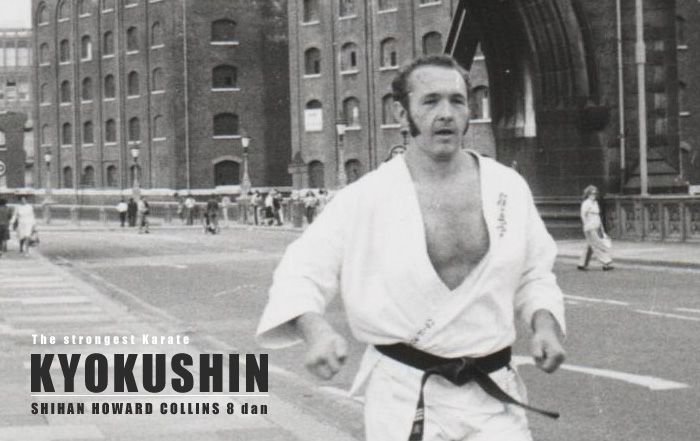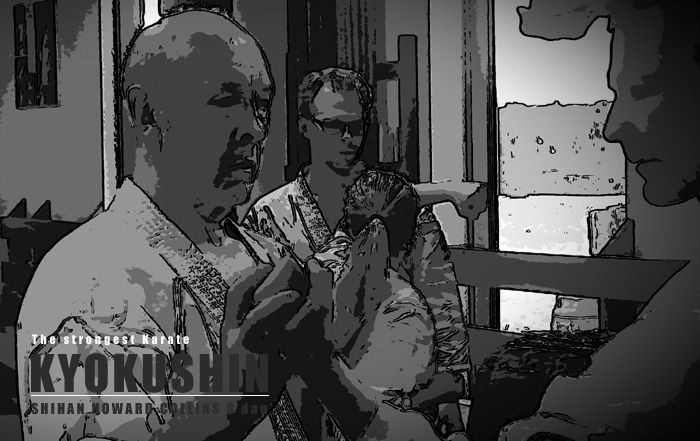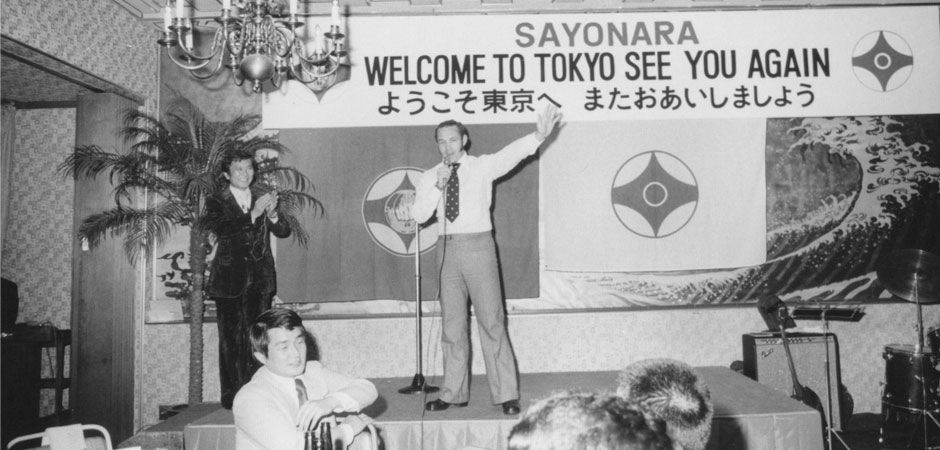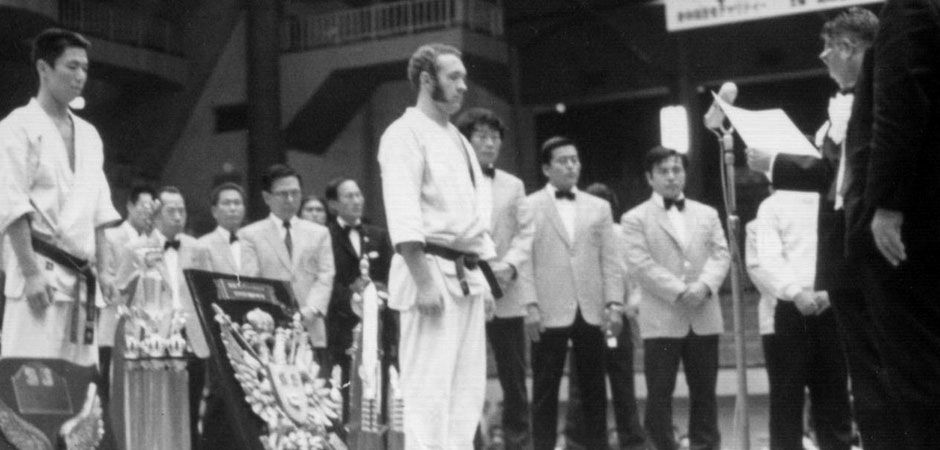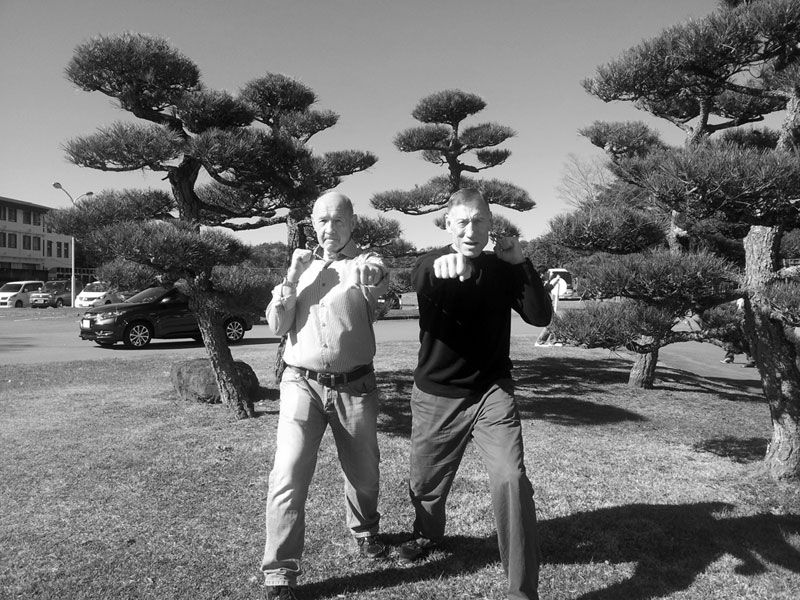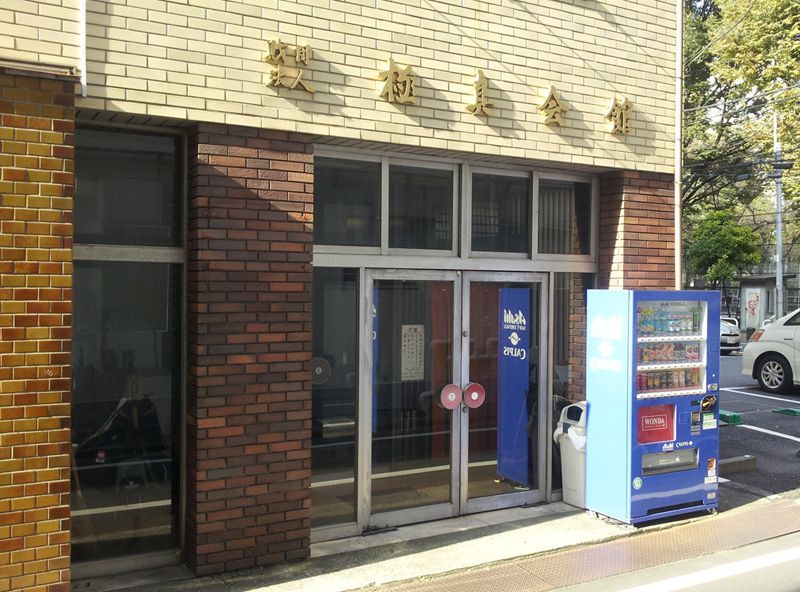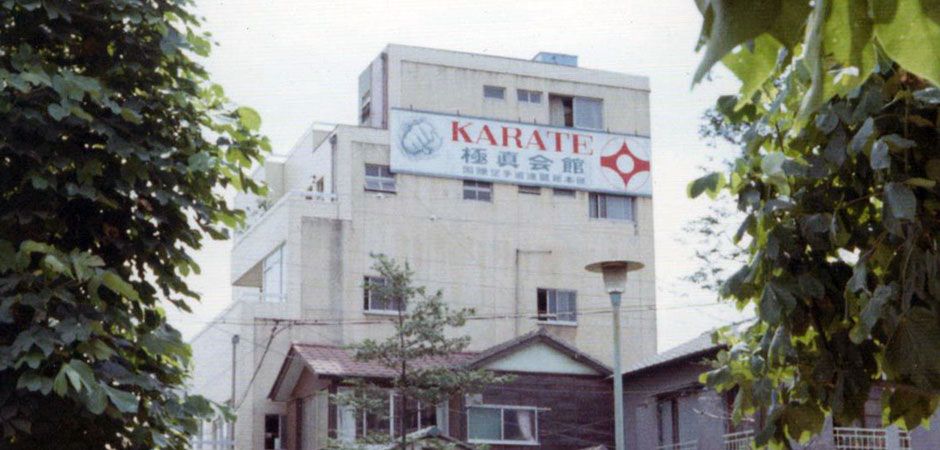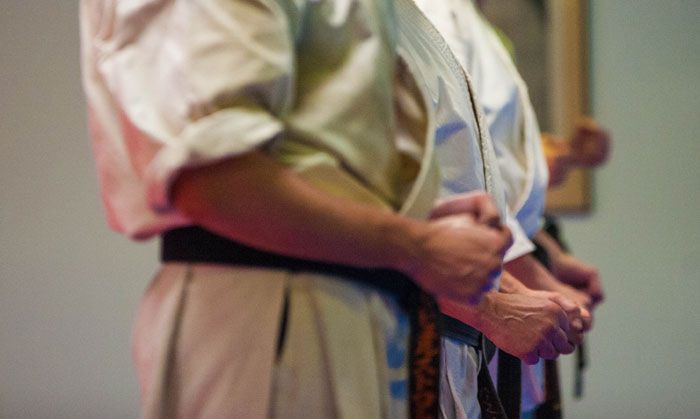What´s in a title?
There are many of us who use exotic titles before our names, such as Shihan or Hanshi etc. Are we eligible to these titles or is it that some people just give themselves the title. First what do they mean, perhaps not an easy question because after all they are foreign words that we assume we understand. For example Shihan, would mean to set an example to others a high-class word for Sensei.
Everyone wants to be a Hanshi, this is a title that should be given to you from your teacher, in my case it was Sosai Oyama, it’s more of an honorific title a teaching title. But to be different people use it before their names, maybe to be different?
Soke is another strange title a simple answer would mean a founder or head of a family or such like, nothing to do with karate qualifications. Kaicho is another strange one as it means chairman but if you put it in front of your name and you practice karate it sounds very grand.
Lots of titles floating around but many perhaps are misunderstood and misused.
